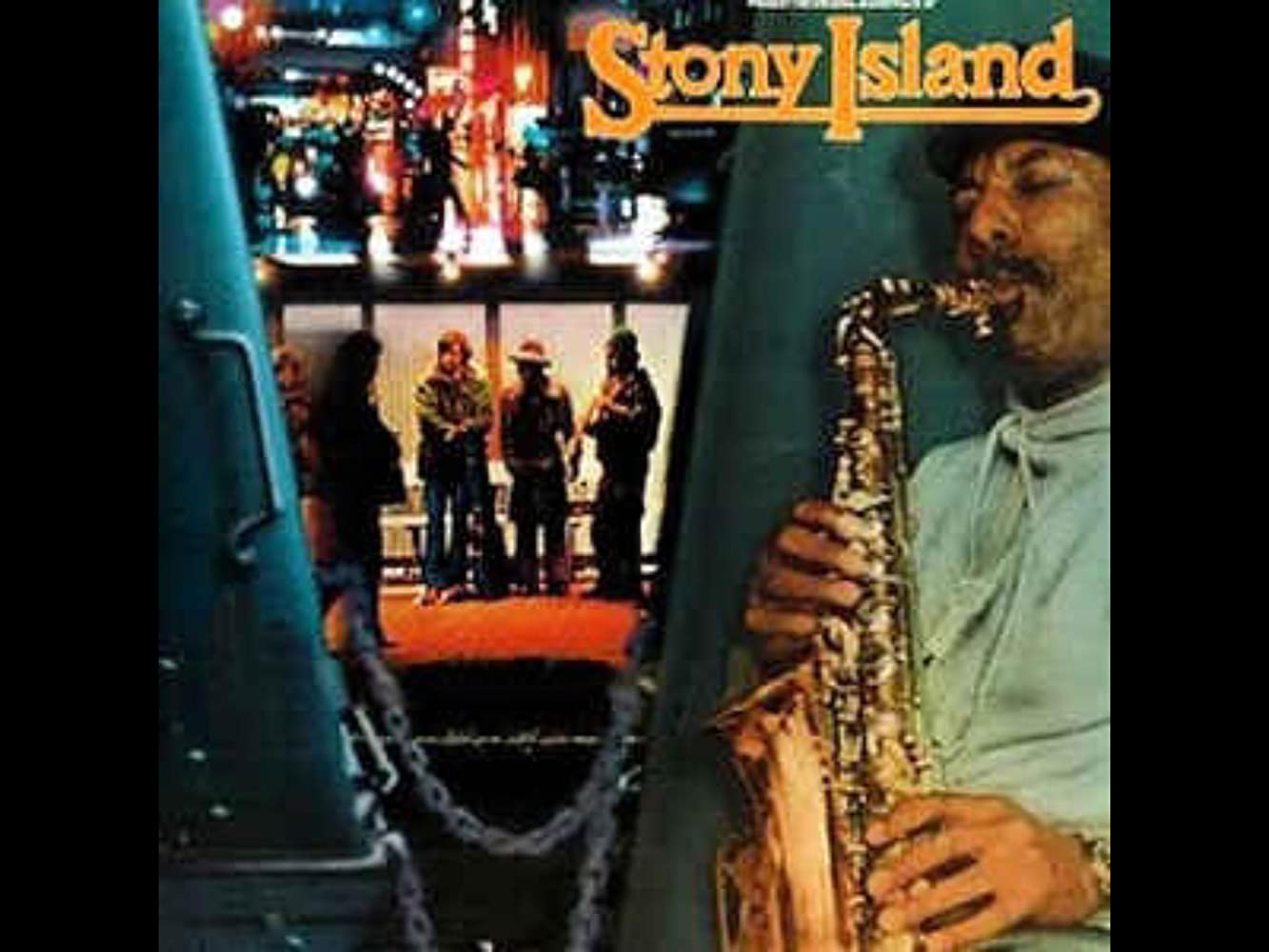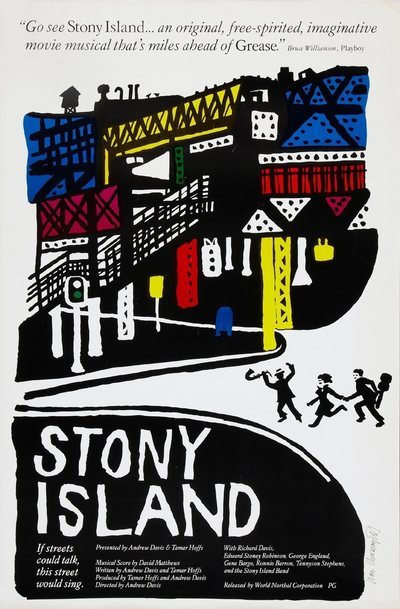Stony Island
Note: This event was cancelled due to the Covid-19 pandemic. If you want to watch this movie, it is available online at the following sites
Roger Ebert November 24, 1978
“Stony Island” is an easy-going, cheerful city movie about a bunch of kids who start a rock band -- and since the city is Chicago, there's a familiar feel. That's to say that everybody takes the L everywhere, and it's cold and gray and the puddles in the back yards are frozen over, and there's an incredible amount of energy.
The energy, I gather, came in large part from the performers themselves. The movie is more or less based on fact; the director and co-writer, Andy Davis, has a brother who was the last white kid in the block down on Stony Island, and actually was involved in a band something like the one in the movie.
The film has a loose, not to say nonchalant, story structure, but I didn't find that troublesome; it's put together something like a concert, and it has almost wall-to-wall music, played by the Stoney Island Band itself in the midst of a story about how they get together, recruit members, and enlist a veteran jazz musician to lead them.
The musician’s played by Gene Barge, a producer and arranger in real life, and his performance is relaxed and convincing: We sense he knows what he's talking about when he works with the kids - and he can certainly play the saxophone. The other key band members include Edward Stoney Robinson as the charismatic lead singer; Richard Davis on lead guitar, and George Englund as the Appalachian from Uptown who's literally recruited on an L train.
Strange, but “Stony Island” somehow revolves around funeral motifs. The band practices in the parking garage of the funeral home where Barge works, and there are two funerals in the film: The Barge character's… and Mayor Daley's. The filmmakers shot outside the Daley services (and were mistaken, no doubt, for a TV or newsreel crew), and then shot a scene afterwards in a Bridgeport bar where the patrons perform a teary “Danny Boy.” Barge's funeral includes black spirituals; the filmmakers seem to be contrasting kinds of ethnic music in Chicago.
They also have some sly fun with the whole business of funerals and bodies and morgues; after the skinflint funeral home owner tells them they can't practice in his garage anymore, he unexpectedly drops dead. Then Barge dies - and nobody can afford his funeral expenses. The solution is simplicity itself, involving a slick transfer of bodies at the morgue, so that Barge winds up with the innerspring deluxe model casket.
Creepy, but handled with a nice light touch. The movie captures a city spirit, with a certain refreshing cynicism. After Barge dies, for example, his oldest friend from New Orleans (Ronnie Barron) comes north for the funeral and observes, succinctly, “Chicago's a great city… if you want a pizza.”
What they also convey is that making the movie was itself a happening: The Stoney Island Band was created for the movie, there are a lot of scenes that parallel its actual beginnings and rehearsals and concerts, and now that the movie's out there's also a sound track album and the band is picking up concert dates.
What does that make the movie? A fictionalized documentary? Reality nudged by fiction?
A little of that, and then a little unabashed sentiment, too, as when the band plays its first concert and the ghostly figure of the deceased saxophonist can be seen outlined in a doorway, playing along.





